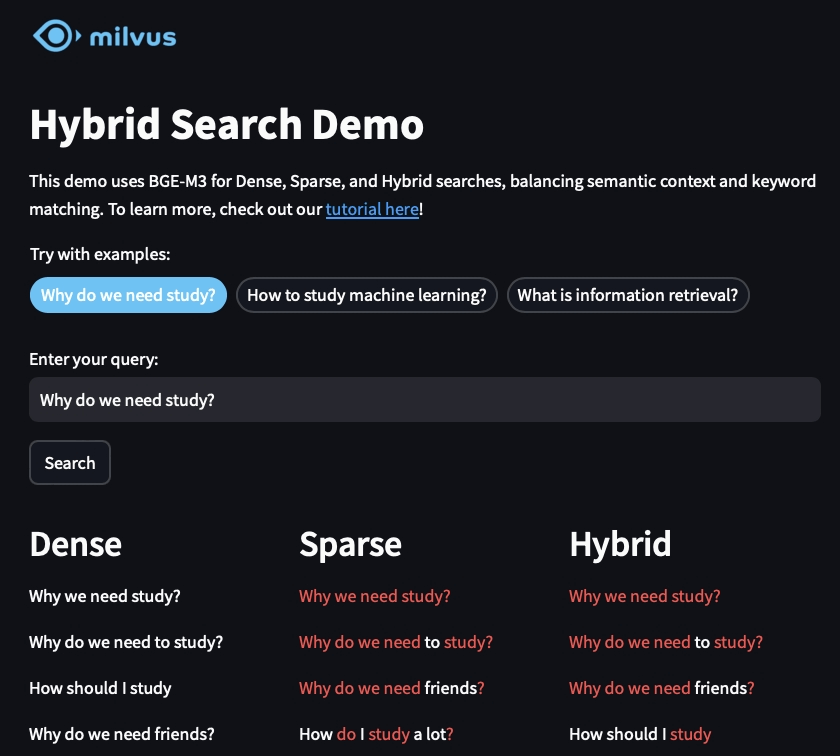Stop words are common words like “the,” “and,” “is,” or “in” that search engines often ignore during full-text search processing. Their primary role is to reduce noise in search indexes and improve query efficiency. By filtering out these high-frequency but low-meaning terms, search systems can focus on keywords that better represent the content. For example, in a query like “how to bake a cake,” the words “how,” “to,” and “a” add little value to the search intent. Excluding them allows the engine to prioritize “bake” and “cake,” which are more relevant to matching documents. This streamlining helps reduce the size of the search index and speeds up query execution.
However, excluding stop words isn’t always beneficial. Some use cases require retaining them for accuracy. Phrase searches, for instance, rely on exact word sequences. If a user searches for “to be or not to be,” removing “to” and “be” would break the phrase and return irrelevant results. Similarly, languages with fewer stop words or specific grammatical structures might require adjustments. For example, in Chinese or Japanese, the concept of stop words is less standardized, and removing them could inadvertently harm search quality. Developers must weigh these trade-offs based on the application’s needs and the language being indexed.
Developers can customize stop word lists in most search engines like Elasticsearch or Solr. These tools provide default stop word lists for common languages, but teams can modify them to fit domain-specific requirements. For instance, a legal document search system might retain “vs” (versus) if case citations are common. Testing is critical: removing too many stop words might oversimplify queries, while keeping too many can bloat indexes. Tools like analyzers and token filters help implement these rules during indexing and querying. By understanding the role of stop words and tailoring their handling, developers optimize both search performance and relevance for their specific use case.
